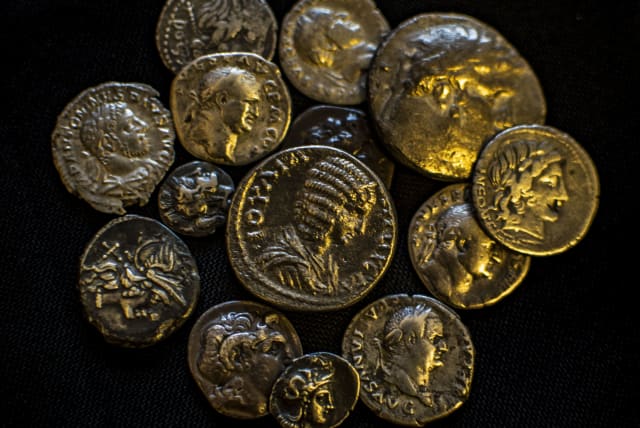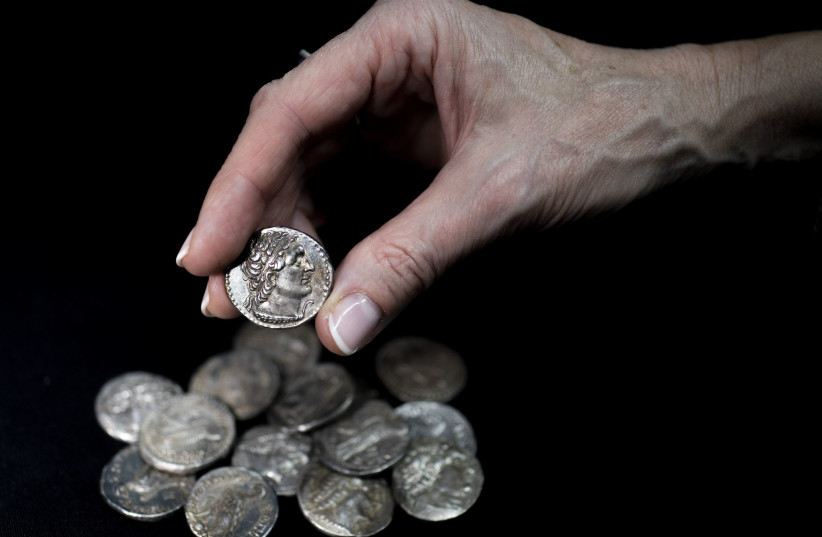How did this man get rich by collecting coins?

A man in India collected over 1,200 coins in 45 years - and sold his collection for a quarter of a million dollars.
A man who has collected coins for over four decades has decided to offer his unique collection up for auction in which the coins were bought for huge sums and the price of each of them may yet double in the future.
The man collected roughly 1,246 rare coins over the course of 45 years. These coins may become even more valuable in the coming years.
A fateful decision
Robert Puddester made the decision to sell his collection containing rare coins at one of the auctions in London called Noonans Mayfair - a sale that amounted to almost a quarter of a million dollars.
Puddester's collection grew over the course of nearly five decades when he was sent to work in India in 1983, where he met the right dealers and increased his coin collection.
These are East Indian coins dating around the year 1600, from the presidencies of Madras, Bombay and Bengal. The most expensive Puddester coins were a 1765 Bombay half mohor, which sold for about $140,000, and a 1765 Bombay gold mohor which sold for about $118,000.
It was noted that the collector's auction was considered a historic event due to the contents that were sold and the nature of the sale.
"This is the most spectacular sale of its kind that has ever been held. Many parts of this collection appear on the market only once in a generation," according to the managers of the auction house.
Jerusalem Post Store
`; document.getElementById("linkPremium").innerHTML = cont; var divWithLink = document.getElementById("premium-link"); if (divWithLink !== null && divWithLink !== 'undefined') { divWithLink.style.border = "solid 1px #cb0f3e"; divWithLink.style.textAlign = "center"; divWithLink.style.marginBottom = "15px"; divWithLink.style.marginTop = "15px"; divWithLink.style.width = "100%"; divWithLink.style.backgroundColor = "#122952"; divWithLink.style.color = "#ffffff"; divWithLink.style.lineHeight = "1.5"; } } (function (v, i) { });

